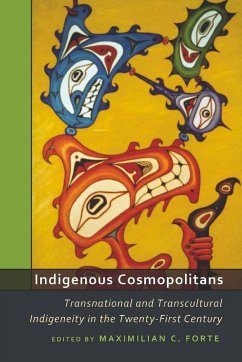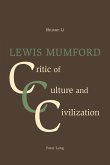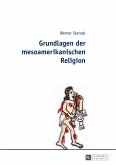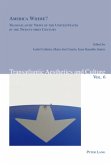What happens to indigenous culture and identity when being rooted in a fixed cultural setting is no longer necessary - or even possible? Does cultural displacement mean that indigeneity vanishes? How is being and becoming indigenous (i.e., indigeneity) experienced and practiced along translocal pathways? How are "new" philosophies and politics of indigenous identification (indigenism) constructed in "new", translocal settings? The essays in this collection develop our understandings of cosmopolitanism and transnationalism, and related processes and experiences of social and cultural globalization, showing us that these do not spell the end of ways of being and becoming indigenous. Instead, indigeneity is reengaged in wider fields, finding alternative ways of being established and projected, or bolstering older ways of doing so, while reaching out to other cultures.
«This collection takes the anthropological study of indigeneity to an entirely new level. Bringing together an impressive range of case studies, from the Inuit in the north to Aboriginal Australian in the south, the authors fundamentally challenge the assumption that that indigeneity and transnationalism are separate and opposed conditions. They reveal with engaging ethnographic richness and historical depth that contemporary indigeneity is a rooted cosmopolitanism and that this indigeneity of roots and routes is being continually reinvented in ways that challenge conventional understandings, both within anthropology and in the wider public arena. This exploration of re-rooted cosmopolitanisms and remixed cosmopolitan indigeneities is also a major contribution to the anthropology of globalisation.... This theoretically sophisticated collection will be essential reading for anyone in the humanities and social sciences seeking to understand the nature of contemporary indigeneity.» (Jeffrey Sissons, Associate Professor, Cultural Anthropology, School of Social and Cultural Studies, Victoria University of Wellington, New Zealand, Author of 'First Peoples: Indigenous Cultures and Their Futuresy')
«Timely and original, this volume looks at indigenous peoples from the perspective of cosmopolitan theory and at cosmopolitanism from the perspective of the indigenous world. In doing so, it not only sheds new light on both, but also has something important to say about the complexities of identification in this shrinking, overheated world. Analysing ethnography from around the world, the authors demonstrate the universality of the local - indigeneity - and the particularity of the universal - cosmopolitanism. Anthropology doesn't get much better than this.» (Thomas Hylland Eriksen, Professor of Anthropology, University of Oslo; Author of 'Globalisation')
«Timely and original, this volume looks at indigenous peoples from the perspective of cosmopolitan theory and at cosmopolitanism from the perspective of the indigenous world. In doing so, it not only sheds new light on both, but also has something important to say about the complexities of identification in this shrinking, overheated world. Analysing ethnography from around the world, the authors demonstrate the universality of the local - indigeneity - and the particularity of the universal - cosmopolitanism. Anthropology doesn't get much better than this.» (Thomas Hylland Eriksen, Professor of Anthropology, University of Oslo; Author of 'Globalisation')








